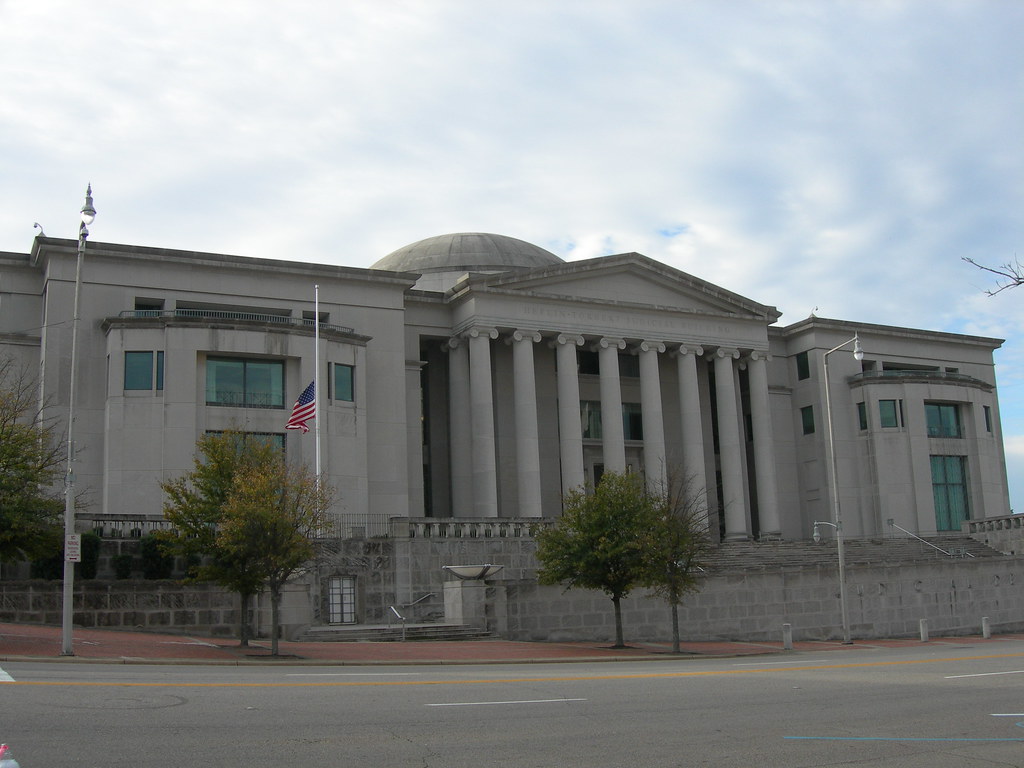Post by: Kyle Grabulis

The latter half of my internship was with the Supreme Court of Alabama. Much like my previous six weeks with the Alabama Attorney General’s Office, the effects COVID-19 had a substantial effect on daily operations. I had the privilege of working in Justice Mitchell’s chambers in Montgomery, where due to quarantine only two other people were working in the office at any given time since much of the staff was working remotely. Justice Mitchell also had chambers in Birmingham about an hour and a half away from Montgomery, where I also had gone to work and see a new part of the State.
My initial work at the Supreme Court of Alabama was to learn Justice Mitchell’s writing style and judicial philosophy, for which I was given previous cases he decided and some readings from Scalia which aligned with his jurisprudence. Afterwards, I had the privilege of getting lunch and coffee with Justice Mitchell; we discussed judicial philosophy and his approach to deciding cases, which was a fantastic and insightful discussion.
Two highlights I had during the internship was participating in a moot court as a judge and assisting with cert petitions. The moot court was in preparation for an oral argument that was going to be heard by the Court the following day, and this was an opportunity for the court to get an idea of what both sides would argue and to test the audio in the courtroom since some justices were going to be observing remotely. Two other interns represented the respective parties to the case while I took the place of one of the justices to ask questions. What made this such an interesting experience was being able to compare the moot court proceedings to the actual oral argument the next day. The actual parties during oral argument argued on different (and in my opinion weaker) grounds than what was argued during moot court, and it was interesting to see the contrast in questions asked by the justices as well.
Working on cert petitions was very insightful because it put me in the perspective of the court in listening to arguments. In all my previous legal experiences, I have advocated for one party in trying to be persuasive, whereas for a cert petition I needed to decide as a neutral arbiter whether the argument made by the petitioner was procedurally sound and persuasive. I believe this will make me a far better advocate as an attorney since I will have a better idea about what courts are looking for in an argument, as well as appreciating the significance of procedural compliance in being an excellent advocate.
I am beyond thankful for the experience the Alabama Supreme Court provided for me this summer, especially in the midst of quarantine. Everyone there was kind and taught me many valuable skills I will be able to use as a future attorney.
This post was written by a Center for Global Justice Intern. The views expressed in this post do not necessarily reflect those of Regent University, Regent Law School, or the Center for Global Justice.

